
The Necessity of not Lying to the People
The editorial of Jahan Sanat focuses on the recent broadcast of fake news regarding the coronavirus outbreak by Iran’s state media.
Iranian government officials attribute the fake news to the United States and its allies. This is not new as previously some hardline newspapers had also published fake news and attributed it to Israel and America. And since it wasn’t possible to verify the fake news, some senior officials also reiterated it from official platforms.
Interestingly, fake news that is mostly used to mislead the people is now broadcast from Iran’s state TV and radio. Some hosts and programs are eager to verify news, but in general most networks produce and reproduce such fake news.
What is important is that when such fake news is broadcast on state media, no proof is offered to back the claims, and no one takes responsibility for what is being said. Meanwhile, TV hosts don’t push the so-called experts to prove their claims and just approve what is said.
Recently two controversial claims were made about coronavirus: first, the United States and its allies have made the virus to control the Chinese economy; second, China itself has made the virus and released it among its people to make American and European investors escape China and sell their properties as cheaply as possible.
Those who make such claims do not have any proof for what they are saying. Such claims are not acceptable as in all countries, safeguarding the public has turned into a key priority.
Therefore, it is wise if experts on Iran’s state media (IRIB) do not make such false claims, and IRIB’s managers too stop lying to the people.
Why is the Coronavirus Spreading in Iran so Widely?
The editorial of Setareh Sobh focuses on the coronavirus outbreak in Iran and what the government should have done to stop it.
Coronavirus was first diagnosed by a Chinese doctor who lost his wife due to the infection. Then the coronavirus fatally attacked Chinese people. In the beginning, Chinese officials were confused and terrified as they didn’t know how to confront the virus. Then they asked experts and scientists for help. The consensus was to put the entire city of Wuhan with millions of people in quarantine.
Also, any city or village with cases of coronavirus was immediately quarantined. These methods gradually led to results, and the number of deaths and infections in China started to go down. The Chinese have announced that in the near future, the number of infections and deaths will reach zero.
But in Iran, the coronavirus was confronted differently. In the beginning, it was probably not taken seriously due to political considerations such as the parliamentary elections or due to religious considerations. There was no serious resolve to confront the coronavirus. The government took action very late, and Iranian President Hassan Rouhani said that “we don’t believe in putting cities under quarantine.” Of course, he gradually realized that schools and universities must be closed and offices must work at limited capacity.
More importantly, the establishment has admitted that there must be restrictions imposed on certain issues including individuals entering northern provinces like Gilan and Mazandaran that are seriously impacted by the virus. In addition, the establishment halted Friday prayers and pilgrims visiting religious landmarks. These steps have been to some extent fruitful.
If the city of Qom had been quarantined in early February, we wouldn’t have been witnessing this situation today which has made 80 million Iranians concerned. The mistake was that the establishment didn’t take the issue seriously, and people were not informed of the danger.
Iranian officials must give an explanation to people as to why they didn’t take the coronavirus seriously from the beginning; why they couldn’t provide people with health care products like face masks, hand wash, and gloves; Also, the reasons why these products were hoarded.
Failed Management Practices of Past Crises Repeated During the Coronavirus Outbreak
The editorial of Kasbokar explains the failure in managing crises in Iran, focusing on the recent case of the coronavirus outbreak in which many lost their lives due to the mismanagement of the crisis at hand.
The outbreak of the coronavirus disease – just like other crises in the country – has created a black market for disinfectants, face masks and gloves. Products needed to avert the coronavirus disease were officially announced, and people rushed to pharmacies to buy them, as a result of which there is a shortage in the market. Some suppliers of medical equipment took advantage of the situation and created more serious problems. Such exploitation can be witnessed whenever there are critical situations in the country, and officials in charge have not learnt lessons in this regard.
Certainly, one of the tragedies in Iran at the time of crisis is that profit-seeking individuals create numerous problems by hoarding and price gouging. At the time of the US sanctions, we saw such happenings. And now when people are trying to fight the coronavirus disease, these people are exploiting people’s lives and health. There must be serious supervision because using fake products is more dangerous than not using them at all.
This is closely related to people’s lives and health. Currently, in Tehran these individuals can be seen selling fake products, and they must be confronted. Alcohol can be dangerous if used in excess of the permitted amount. In products sold by these individuals, there is a kind of alcohol that can cause kidney diseases and even blindness. There must be comprehensive supervision for distributing products to make sure that only the right ones are given to consumers.
The Coronavirus and a Decrease in the Government’s Revenues
The editorial of Jahan Sanat explains how the spread of the coronavirus will significantly impact the Iranian government’s revenues and expenses for the next Iranian year (starting on March 21).
While Iran was grappling with different kinds of problems in its economic, social, political and cultural fields, the coronavirus has added to these issues and has disrupted the country’s policies including the ratification of the budget bill for next year.
Despite the fact that the budget bill for next year was rejected by lawmakers, it was sent to the Guardian Council in accordance with Article 85 of the Constitution – according to which the bill doesn’t need to be ratified by the Parliament.
What is of significance is to pay attention to the government’s expenses and revenues in the budget bill next year. There is a severe drop in the government’s revenues, and the government’s expenses have hugely increased.
Obviously, at the time of drafting the budget bill, the issue of being blacklisted by the FATF and the coronavirus and its costs were not raised. Now with the coronavirus outbreak and a considerable drop in business incomes, the government will not be able to obtain taxes. So it won’t be possible to increase tax revenues next year.
Meanwhile, as businesses are not generating sufficient income, the government will have to spend a lot on the impacted economic sectors. Therefore, the government’s efforts to decrease its expenses will be fruitless, and it will not be able to increase revenues from oil and non-oil exports.
While the government’s revenues for next year are not certain and its expenses are fixed, there is pressure for ratifying the budget bill. The government could announce an emergency situation, instead of insisting on ratifying the budget bill as it is. It could ratify a provisional plan for a year or six months, given the new situation which has arisen.

COVID-19 and Possibilities to Reform the Political System
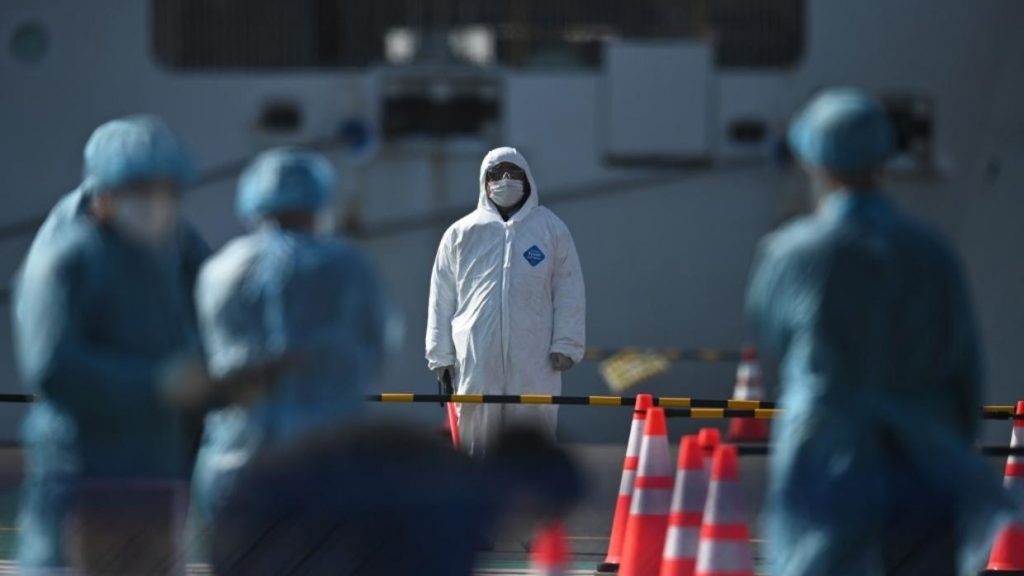
After almost a month, the coronavirus crisis has turned Iran into a battlefield. The spread of the disease before the beginning of the Iranian new year has led to an increase in anxiety and economic pressure on the people, with many accusing the government and the establishment of mismanagement in this regard.
Amidst the coronavirus outbreak in Iran, there is evidence of structural changes and reforms within the country. Some experts hold that the coronavirus has marginalized many political disputes and weakened religious beliefs, seeing this as ground for structural change in Iran.
Today, inside Iran many officials have called for suspending religious ceremonies and Friday prayers until the end of the crisis, while overseas opposition leaders and activists have called for setting aside political conflicts.
The coronavirus can put an end to the government’s systematic cover-up of different issues in Iran. Hiding the coronavirus outbreak in Iran before the Bahman 22 rallies to commemorate the anniversary of the Islamic revolution is the latest case of systematic cover-up. But there is evidence showing that the coronavirus disease is destroying the cover-up mechanism of the Islamic Republic. The government has not been able to manage the news regarding the spread of the coronavirus, while public confidence has reached its lowest point. Also, healthcare officials have had a more open hand to disobey religious authorities.
Another consequence of the coronavirus outbreak is that it resulted in a confrontation between modern medical science and so-called Islamic medicine. What supporters of Islamic medicine prescribed as a coronavirus antidote demonstrated the absurdity of this medicine to the Iranian people. Also, the spread of the coronavirus from the religious city of Qom to the rest of the country has raised questions over religious beliefs in this regard.
Today, people are comparing the impact of the plague during the European Renaissance period with that of the coronavirus. Some hold that COVID-19 might have had such an impact on Iran, paving the way for a secular democracy in the country.
Mahan’s Flights to China Continue Despite a Red Alert in Iran
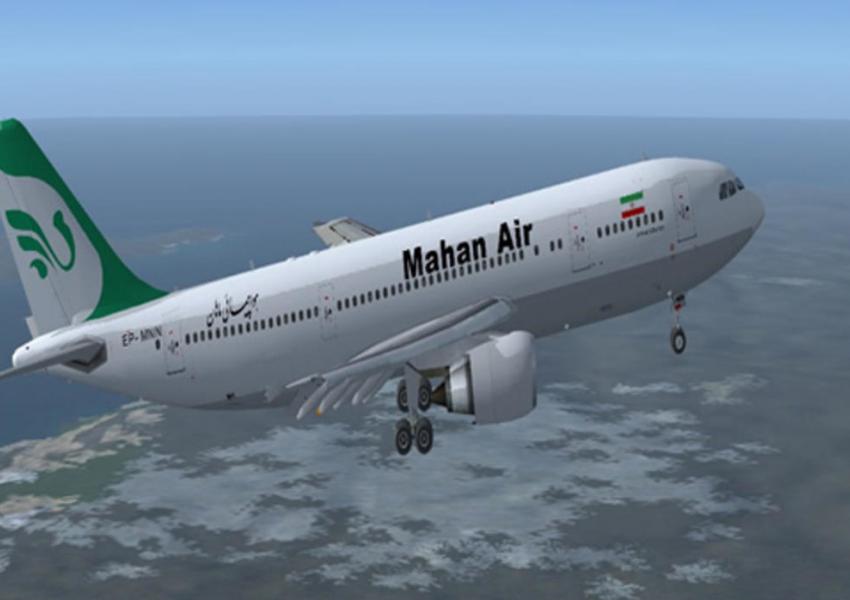
Iran International’s investigation shows that despite the Iranian government’s claims, flights between Iran and China have not been cancelled, notwithstanding the spread of the coronavirus in this country. The investigation shows that Mahan Air undertook at least 34 flights – with 18 from Iran to China and 16 from China to Iran – from February 1 to March 5.
Platforms for tracking flights in the world were used by Iran International to investigate foreign flights of Iran Air and Mahan Air during the above mentioned period. The 34 flights were between Tehran and the cities of Wuhan, Shanghai, Beijing, Guangzhou, and Shenzhen in China.
While on January 31, the Iranian government’s spokesperson announced in the government’s emergency meeting that all flights to and from China were cancelled, the investigation shows that on February 4, a Mahan Air flight left Tehran for Wuhan and returned the day after. Wuhan is one of the centers of the coronavirus outbreak in China and the world.
Despite the deadly spread of the coronavirus to the northern provinces of Iran and a Red Alert there, Mahan Air has continued its flights to China.
US to Warn Shipping Companies About Transporting Iran’s Oil
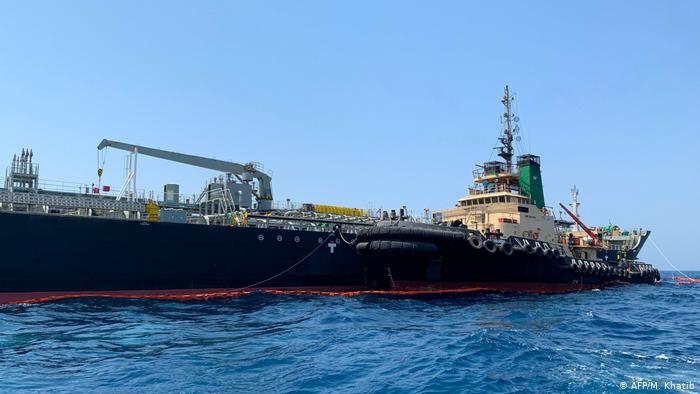
A senior official in the US Department of State said that soon the US administration will give warnings to shipping and insurance companies over cooperation with Iran, advising ships not to turn off their transponders.
According to David Peyman, head of the Office of Economic Sanctions Policy and Implementation in the US Department of State, some shipping and insurance companies are still working with Tehran and carry its shipments despite the US sanctions on Iran.
Peyman said that the United States will identify and confront individuals and companies that help Iran in storing, transporting, and selling oil and petrochemicals, thus breaching the US sanctions on Iran.
He said that the United States encourages vessel captains to take pictures and videos of any ship-to-ship transfers which violate US sanctions and send them to the US administration.
Peyman asserted that the United States has advised oil tankers to not to turn off their transponders so that their locations can be traced at any time.
The International Maritime Organization requires that all ships must use transponders all the time for safety and transparency so that they can be identified and located at any time.
Most buyers have stopped purchasing Iran’s oil. But China still buys Iran’s oil. Last September, Trump’s administration put sanctions on a Chinese company for transporting Iran’s crude oil.
A Lawmaker Criticizes Clerics for not Putting Qom in Quarantine
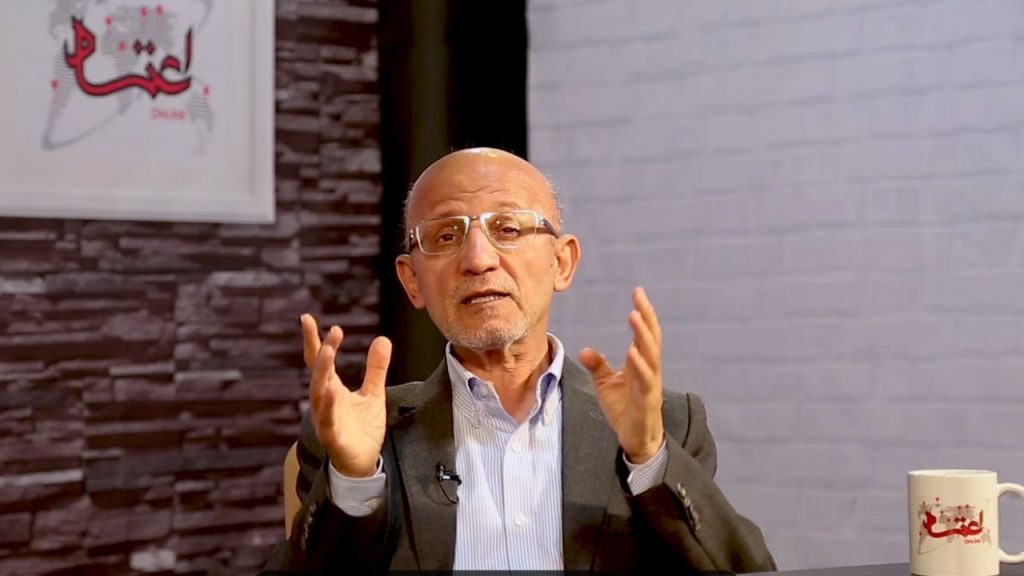
Gholam Reza Heydari, a “reformist” lawmaker and a member of the Parliament’s Budget and Planning Committee, has fiercely criticized those who have “played with people’s health” by preventing the city of Qom from being quarantined after the coronavirus outbreak.
Heydari quoted Iran’s Prosecutor General as saying that “disrupting people’s health is like spreading corruption on the earth.” He added, “then what is the sentence for the individual who stopped imposing restrictions in Qom and did not let the corona disease be nipped in the bud?”
Referring to Friday prayers, Gholam Reza Heydari pointed out that some clerics and religious figures have turned some rituals into taboos, “but people’s health is important, and one cannot play with it due to some illusions.” He continued that nonetheless some clerics agreed to cancel Friday prayers, although some did not.
This Parliament member also noted that the coronavirus epidemic started from Qom and the judiciary should be asked to sentence the person who refused to allow restrictions to be placed in public places.
“Don’t they even want to question those who prevented restrictions, especially at the time when the only way to stop the coronavirus spreading was to impose restrictions on attending public gatherings?” he asserted.
Iran’s Energy Ministry has 5931 Projects Underway, Says a Minister
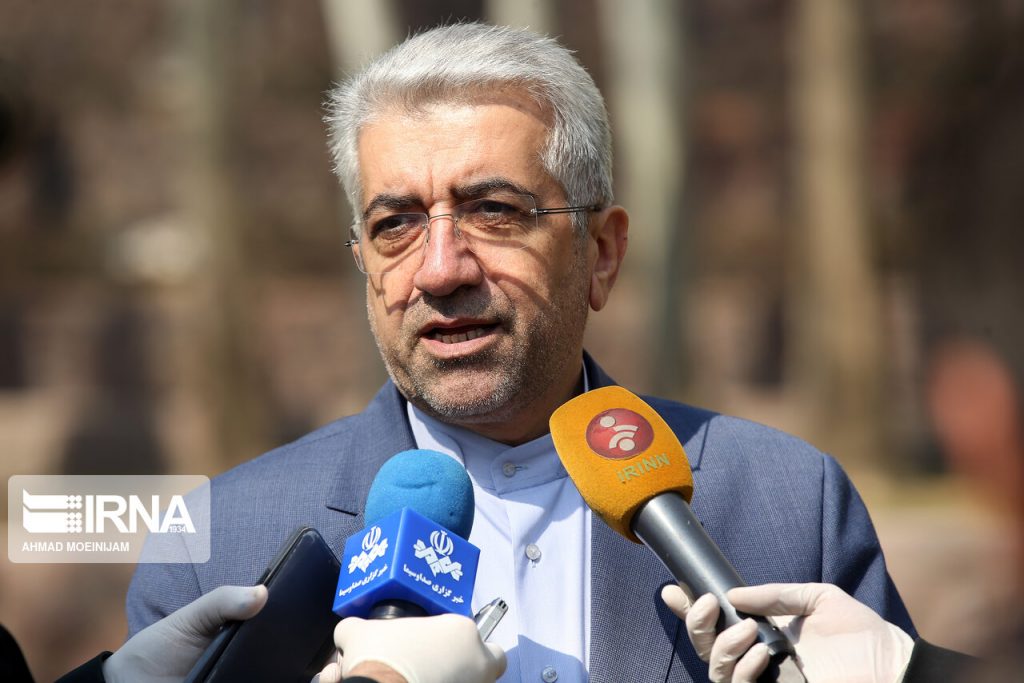
The Energy Minister Reza Ardakanian said that his ministry has 5,931 projects underway as well as 884,000 billion tomans invested in them.
In a press conference, Ardakanian also asserted that three power plants and 40 projects in Iran’s water and electricity industries with an investment of 6,000 billion tomans will become operational in 15 provinces in the spring of 2020.
On a different note, the energy minister pointed out that Iran has had some achievements in its joint activities with neighboring countries in the past year. He specifically pointed to Iran’s membership in the Eurasian Economic Union which took effect in November 2019.
